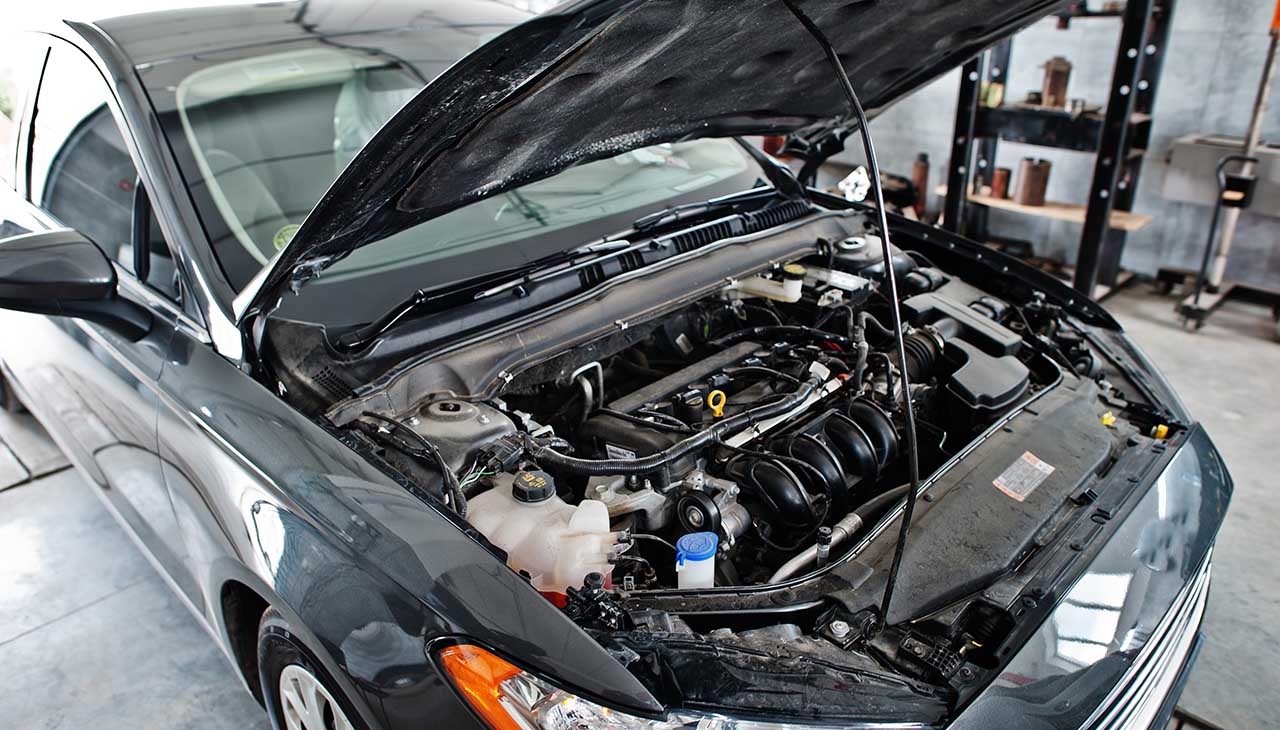Introduction
Ever wondered what happens to your car once it has reached the end of its life? Surprisingly, vehicle recycling is a booming industry that plays a critical role in environmental sustainability. Recycling old vehicles not only prevents harmful substances from contaminating our ecosystems but also conserves natural resources and energy. This post dives into the why and how of vehicle recycling, providing readers with engaging insights, practical tips, and valuable information on this vital environmental practice.
The Environmental Impact of Vehicle Recycling
Vehicle recycling significantly reduces the carbon footprint associated with manufacturing new cars. By reusing metals, plastics, and other materials, it cuts down on the energy needed to mine and process raw materials. For instance, recycling steel saves about 74% of the energy required to produce steel from iron ore. This massive energy saving translates to lower greenhouse gas emissions, helping combat climate change.
Another environmental benefit of vehicle recycling is waste reduction. Landfills are increasingly overburdened with non-biodegradable materials, and old cars contribute significantly to this problem. By recycling vehicles, we divert tons of waste from landfills, reducing soil and water pollution.
Finally, vehicle recycling helps in the responsible disposal of hazardous materials like lead-acid batteries, engine oils, and coolants. These substances can be incredibly harmful to the environment if not handled properly. Recycling ensures they are safely processed and reused, reducing their environmental impact.
The Recycling Process
The vehicle recycling process is both thorough and efficient. It starts with the removal of hazardous materials. Fluids such as oil, transmission fluid, and coolant are drained. Batteries and tires are also removed, as they require specialized recycling methods.
Next, the car is dismantled. Usable parts like engines, transmissions, and radiators are salvaged and sold for reuse. This step not only provides affordable parts for consumers but also prolongs the life of many vehicle components.
Finally, the remaining structure is crushed and shredded. Metals are sorted using magnets and other methods. The extracted metals are then melted down and sold as raw materials for manufacturing new products, completing the recycling loop.
Economic and Social Benefits
Vehicle recycling provides a host of economic benefits. It creates jobs in various sectors, from dismantling and parts sales to metal processing and manufacturing. In the U.S. alone, the vehicle recycling industry generates billions of dollars annually, supporting thousands of families.
Socially, vehicle recycling contributes to community well-being by removing abandoned and junk vehicles that can be eyesores and safety hazards. Clean and safe communities benefit everyone, making neighborhoods more pleasant places to live.
Recycling also promotes responsible consumer behavior. When people see the benefits of recycling their vehicles, they become more conscious about other aspects of waste management, fostering a culture of sustainability.
The Future of Vehicle Recycling
The future of vehicle recycling looks bright, thanks to technological advancements. Innovations in automated dismantling and material sorting are making the process more efficient and cost-effective. For example, robots equipped with AI can now disassemble vehicles quicker and more accurately than humans.
Electric vehicles (EVs) also present new challenges and opportunities for the recycling industry. The complex batteries used in EVs require specialized recycling techniques, but advancements in this area promise to make EV recycling more sustainable.
Furthermore, the push for a circular economy is driving new policies and regulations that encourage recycling. Governments and businesses are increasingly recognizing the importance of sustainable practices, leading to more investment in recycling infrastructure and technology.
Conclusion
Vehicle recycling is a crucial practice that benefits the environment, economy, and society. By reducing energy consumption, cutting down on waste, and creating jobs, it plays an integral role in building a sustainable future. As technology advances and awareness grows, the vehicle recycling industry will only become more effective and essential.
We all have a role to play in supporting vehicle recycling. Whether you’re a car owner looking to dispose of an old vehicle or someone interested in sustainable practices, understanding and advocating for vehicle recycling can make a significant difference. Let’s drive towards a greener future together.
If you’re interested in learning more about how you can contribute or want expert advice on recycling your vehicle, don’t hesitate to reach out to our team. Together, we can make a positive impact on our planet.

